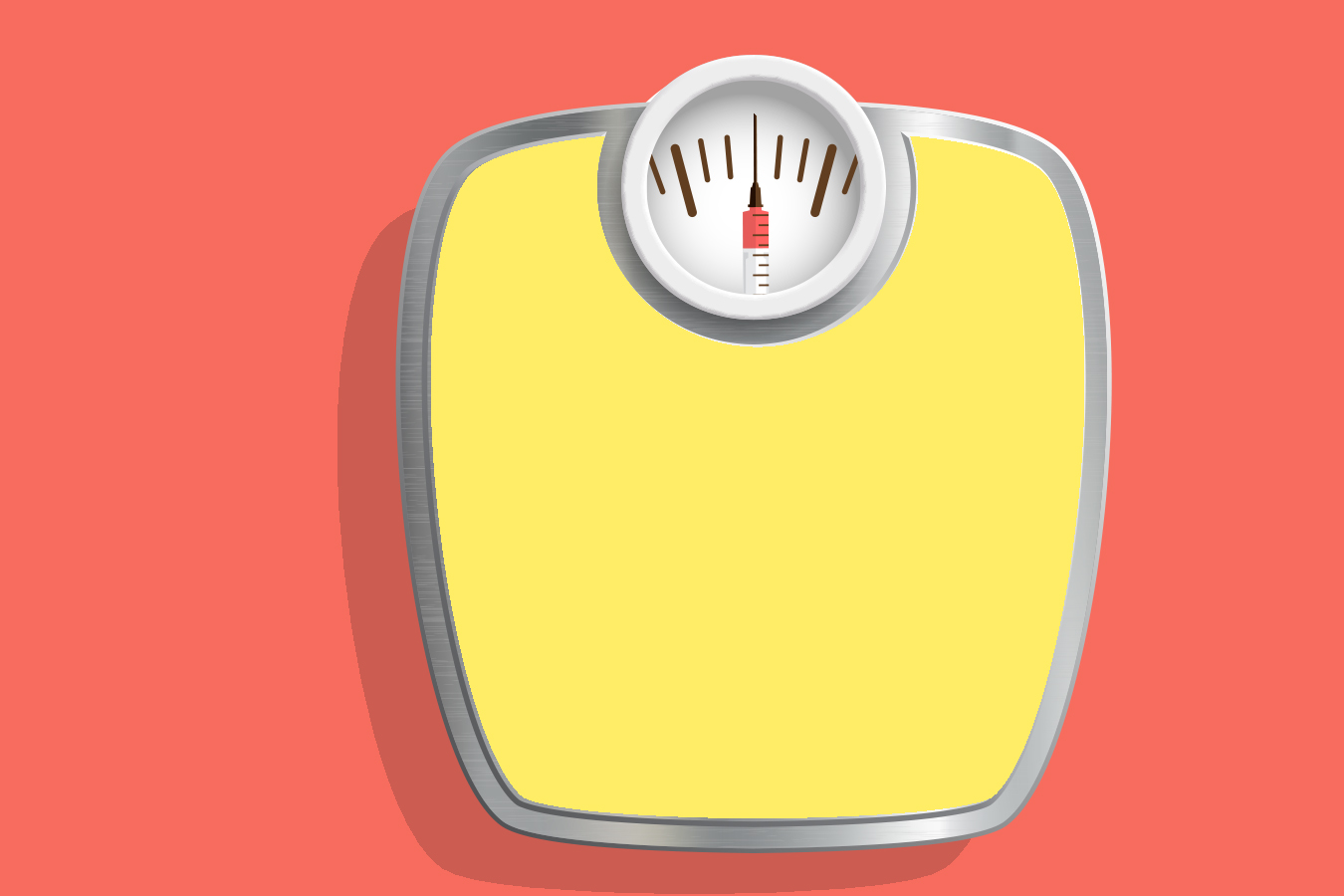You are here
 America’s Obesity Epidemic Threatens Effectiveness of Any COVID Vaccine Vaccines engineered to protect the public from influenza, hepatitis B, tetanus and rabies are less effective for obese people, leaving them more vulnerable to serious illness. As scientists race to… Kaiser Health News
America’s Obesity Epidemic Threatens Effectiveness of Any COVID Vaccine Vaccines engineered to protect the public from influenza, hepatitis B, tetanus and rabies are less effective for obese people, leaving them more vulnerable to serious illness. As scientists race to… Kaiser Health News For a world crippled by the coronavirus, salvation hinges on a vaccine.
But in the United States, where at least 4.6 million people have been infected and nearly 155,000 have died, the promise of that vaccine is hampered by a vexing epidemic that long preceded COVID-19: obesity.
Scientists know that vaccines engineered to protect the public from influenza, hepatitis B, tetanus and rabies can be less effective in obese adults than in the general population, leaving them more vulnerable to infection and illness. There is little reason to believe, obesity researchers say, that COVID-19 vaccines will be any different.
“Will we have a COVID vaccine next year tailored to the obese? No way,” said Raz Shaikh, an associate professor of nutrition at the University of North Carolina-Chapel Hill.
“Will it still work in the obese? Our prediction is no.”
More than 107 million American adults are obese, and their ability to return safely to work, care for their families and resume daily life could be curtailed if the coronavirus vaccine delivers weak immunity for them.
In March, still early in the global pandemic, a little-noticed study from China found that heavier Chinese patients afflicted with COVID-19 were more likely to die than leaner ones, suggesting a perilous future awaited the U.S., whose population is among the heaviest in the world.
And then that future arrived.
As intensive care units in New York, New Jersey and elsewhere filled with patients, the federal Centers for Disease Control and Prevention warned that obese people with a body mass index of 40 or more — known as morbid obesity or about 100 pounds overweight — were among the groups at highest risk of becoming severely ill with COVID-19. About 9% of American adults are in that category.
As weeks passed and a clearer picture of who was being hospitalized came into focus, federal health officials expanded their warning to include people with a body mass index of 30 or more. That vastly expanded the ranks of those considered vulnerable to the most severe cases of infection, to 42.4% of American adults.
Obesity has long been known to be a significant risk factor for death from cardiovascular disease and cancer. But scientists in the emerging field of immunometabolism are finding obesity also interferes with the body’s immune response, putting obese people at greater risk of infection from pathogens such as influenza and the novel coronavirus. In the case of influenza, obesity has emerged as a factor making it more difficult to vaccinate adults against infection. The question is whether that will hold true for COVID-19....



Recent Comments